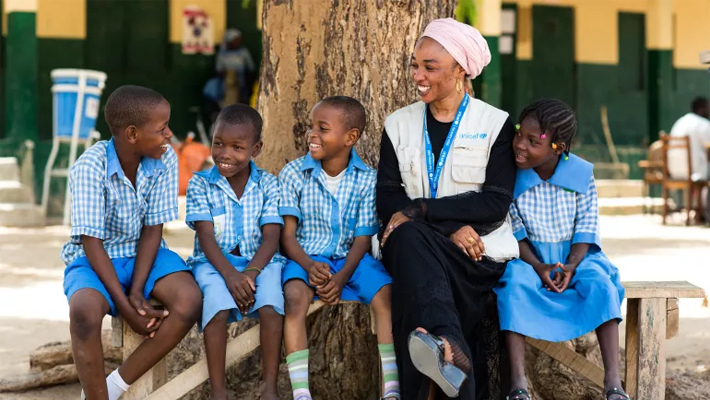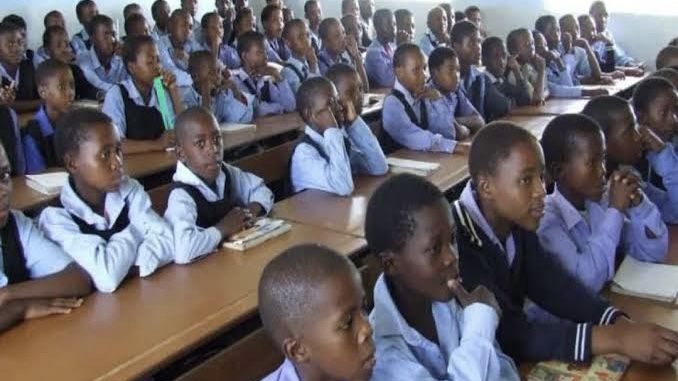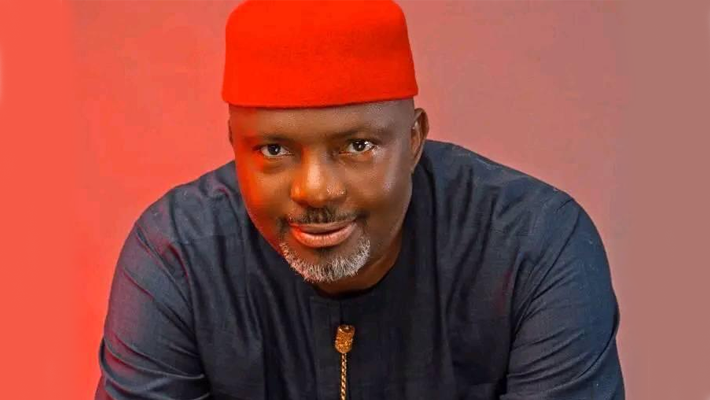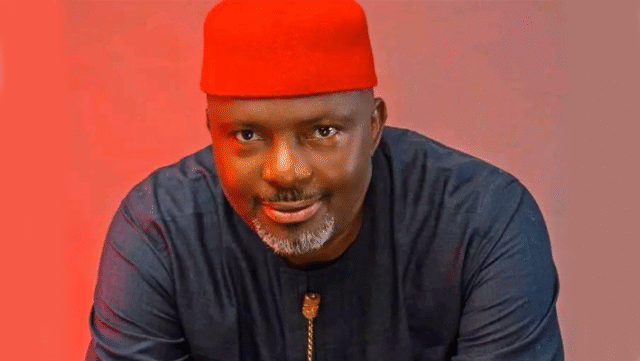When Honourable Pereotu Oloye, member of the Delta State House of Assembly representing Burutu II constituency, announced the launch of his bursary scheme for indigent undergraduates, it was not just another political activity. For many families in his riverine constituency, this intervention marked a lifeline.
On Saturday, August 24, 2025, Oloye inaugurated the bursary initiative with 76 students as the first beneficiaries. What made the announcement even more impactful was that the funds were credited immediately to the students’ accounts—no paperwork delays, no prolonged waiting period. As one student at the event put it: “It was not just a promise; the alert entered as we sat there. That shows seriousness.”
The bursary scheme is targeted at undergraduates whose families struggle to fund tuition and upkeep. In a state where education often competes with daily survival, this gesture has been described as timely and strategic. It echoes Governor Sheriff Oborevwori’s broader “MORE Agenda,” which stresses youth empowerment, inclusive governance, and access to education.

Table of Contents
From Needs Assessment to Action
Behind this public gesture was a quiet, thorough process. Oloye explained that in July 2025, his office embarked on a needs assessment to identify genuine students who required support. His team consulted stakeholders across the constituency, including community leaders, student unions, and parents.
The lawmaker stated during the inauguration: “We went through the data, we verified cases, and today the first batch of 76 students has received credit alerts to support their educational progress. We are not waiting for tomorrow to act; our youths need help now.”
The use of digital transfers, rather than cheques or cash, signals a deliberate attempt to make the process transparent. By sending bursary payments directly into beneficiaries’ bank accounts, Oloye avoided controversies that usually surround constituency programmes. The method also reassures students that their support is not just ceremonial but tangible.
This approach aligns with a growing demand in Nigeria for accountability in constituency projects. Too often, lawmakers are accused of announcing schemes that either never materialise or vanish into opaque processes. Oloye’s decision to combine data gathering, transparency, and immediate disbursement sets a precedent that his constituents will likely hold him to in future programmes.

Education as the Cornerstone of Development
As chairman of the House Committee on Urban Renewal, Oloye is already saddled with infrastructure debates. Yet, he insists that education remains his “number one empowerment tool.” During his speech, he underlined the transformative role education can play in Burutu II: “Without education, urban renewal will have no owners, no thinkers, no leaders. This is why I place students at the centre of my programmes.”
His point is hard to ignore. Across the Niger Delta, limited access to education continues to widen inequality. Children from less privileged families often drop out because their parents cannot afford fees, books, or even transport. By cushioning these financial pressures, even if modestly, bursaries like this one can keep youths in school long enough to complete their degrees.
The students, in turn, carry the potential to return home as engineers, teachers, lawyers, or entrepreneurs who will redefine their communities. Seen this way, the bursary is not charity; it is a social investment.
One parent at the event, Mrs. Ogaga, shared her relief: “My son was already thinking of deferring his year because we couldn’t complete his fees. Today, that burden has been lifted. This gesture is bigger than money—it is hope.”
Building Trust Through Representation
The bursary launch was not only about education; it was also about relationship-building. Oloye reminded his constituents that his duty goes beyond lawmaking in Asaba. “Representation means touching lives directly, not waiting until election time,” he noted.
He also encouraged residents to stay committed to supporting good governance. In his words: “We are only beginning. The welfare of Burutu II remains at the core of my representation, and I urge you all to continue to partner with us for progress.”
For the beneficiaries, the scheme is a relief. For observers, it is a test case of how constituency projects should function. Many hope that this initiative will not be a one-off but the start of a consistent annual bursary structure that grows in reach.
While 76 students may appear small compared to the large number of undergraduates in Burutu II, the ripple effects are significant. Each supported student potentially influences a family, a peer group, and a community.
The immediate challenge now is sustainability—whether Oloye can institutionalise this bursary scheme so it becomes a fixture of his representation rather than an ad-hoc project. If successful, it could become a model for other lawmakers in Delta and beyond.

Closing Reflection
In a political landscape often dominated by grand promises and minimal delivery, Honourable Pereotu Oloye’s bursary inauguration stands out because of its speed, sincerity, and student-focused nature. It is a reminder that small but consistent investments in human capital can alter the trajectory of communities.
For Burutu II, the scheme is not just about 76 alerts—it is about a constituency learning to expect and demand practical, transparent governance.
Join Our Social Media Channels:
WhatsApp: NaijaEyes
Facebook: NaijaEyes
Twitter: NaijaEyes
Instagram: NaijaEyes
TikTok: NaijaEyes
READ THE LATEST EDUCATION NEWS








































